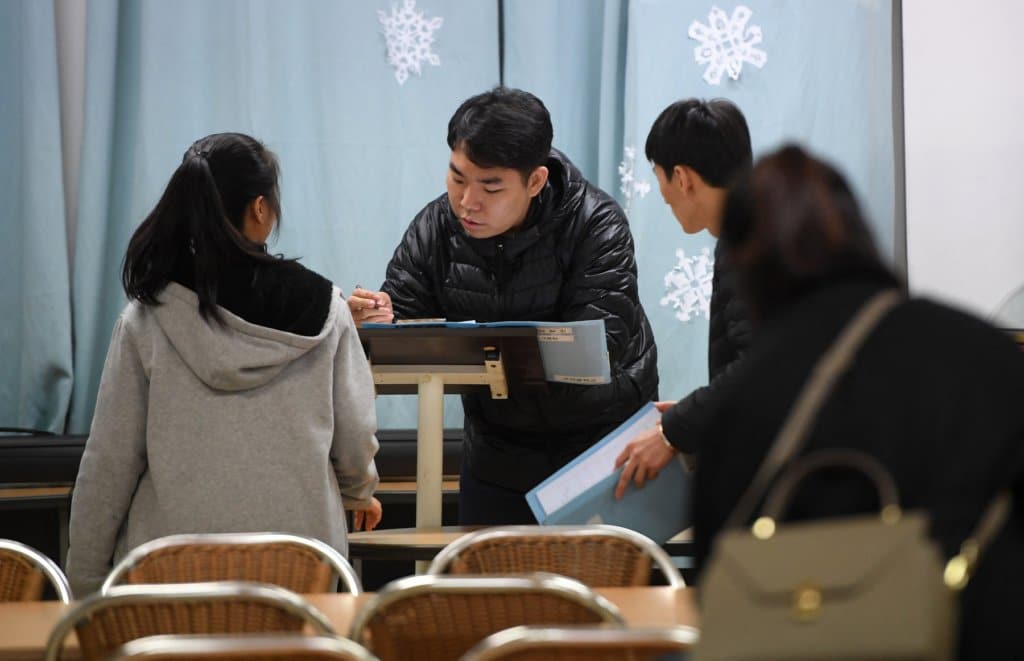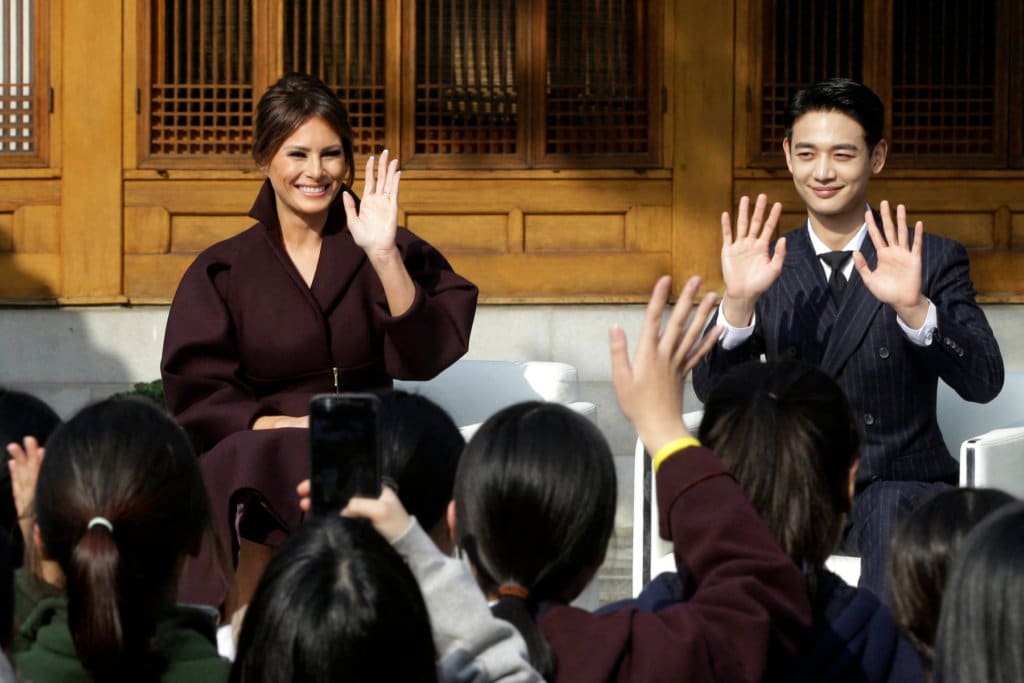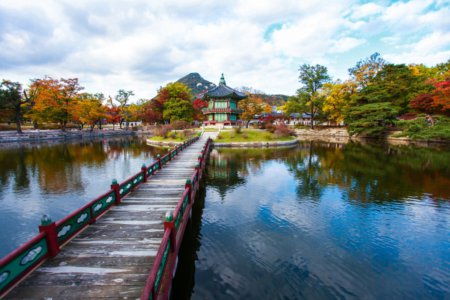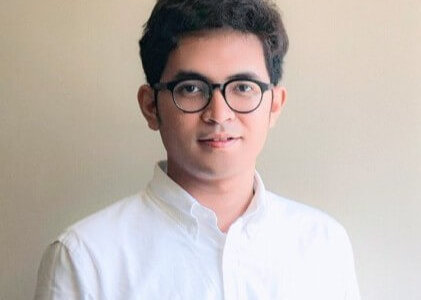
The world loves South Korea. It’s given the world K-pop, Korean dramas, great food and world-changing technology.
But lesser known, despite their contributions to the cultural and tech behemoth South Korea is today, are its universities. KAIST – Korea Advanced Institute of Science & Technology, Seoul National University, and more top-ranked institutions may be overshadowed by Oxbridge and the Ivy League, but they are just as prolific. Some of the country’s most powerful icons got their start at Korean universities, including the founder of South Korean online-gaming company Nexon Kim Jung-ju (US$10.9 billion net worth) and former Kakao CEO Rim Ji-Hoon.
Studying in Korea sounds like a dream path to success — but it can be expensive. The tuition fees for an undergraduate degree alone can range from US$1,290 to USD$12,230 per semester, whereas postgraduate degrees can cost up to US$10,960 per semester.
Here’s the good news. Just like any other country, the Korean government wants to attack more talented individuals to its shores. Intrigued? This is all you need to know about the full-ride Global Korea Scholarship 2023 (GKS).
Global Korea Scholarship 2023
The aim of the Global Korea Scholarship 2023, according to the StudyinKorea website, is “to provide international students with opportunities to conduct advanced studies in undergraduate and graduate programmes at higher educational institutions in the Republic of Korea.
Students interested in applying for either a four-year undergraduate degree, master’s degree, or PhD can apply for the scholarship, so long as they do not transfer universities during the course of their studies in Korea.
An estimated 220 undergraduate students as well as 1,080 postgraduate students every year win this prestigious scholarship and receive Korean language training for a year and do not have to worry about: airfare, resettlement allowance, living allowance, medical insurance, university tuition fees, research support, and dissertation printing costs. At the end of the course, scholarship winners will also receive a one-off completion grant of 100,000 Korean won. (approximately US$X at the time of writing)

Korean Wave, or Hallyu, piqued global interest in the Republic of Korea. Source: Anthony Wallace/AFP
Do I qualify for the Global Korea Scholarship?
You are eligible to apply for the Global Korea Scholarship if:
1. Both you as well as your parents are citizens of your country of origin and do not hold Korean citizenship
2. You are healthy — both mentally and physically — to stay in a foreign country for a long time
3. You are under 25 years of age at the date of entrance (for undergraduates)
4. You are under 40 years of age at the date of entrance. (for postgraduates)
5. You’ve finished or are expected to finish formal education
6. You possess a grade point average (GPA) above 80% from the last educational institution you attended
7. You have never attended a Korean university for either undergraduate programmes, master’s programmes, or doctoral programmes
8. You are a former or current GKS scholar who has an overall grade of 90% or above and have attained TOPIK level 5 or higher

Parents wait for their children as high school students make their way to a sitting “Susi” college admissions exams, outside the gates of Yonsei university in Seoul. Source: Ed Jones/AFP
Global Korea Scholarship 2023 benefits

Students talking to a South Korean teacher after a lesson at Wooridul School in Seoul. Source: Jung Yeon-Je/AFP
Application procedure
There are two tracks for applicants to apply for the GKS: Embassy or University. While the former means you will be applying to your local embassy, the latter will have you applying directly to a Korean university.
Each embassy has set its own application deadlines, something that you must confirm yourself. After submitting all the documents you need, the results will be announced by Oct. 14, after which you will then qualify for the next round, which is the oral interview. This should take only a few days. Next, Korea’s National Institute for International Education (NIIED) will examine your documents should you pass the oral interview.
By Nov. 4, successful Embassy track applicants will go through another round of interviews with the three universities they have applied to. If they get a firm offer from either one of the universities, they will need to accept once the results have been announced in December.
The University track, however, allows applicants to only apply to one university. The pros of this track are that applicants that are only interested in one university do not have to bother applying or interviewing for three choices. University track applicants also enjoy a shorter results announcement time as they only need to be interviewed by the university. All candidates of both tracks will know their outcomes at the end of the year.

Former First Lady of the US Melania Trump and Choi Min-ho, a member of South Korean boy band Shinee, waving to middle school students during the “Girls Play 2!” Initiative, an Olympic public diplomacy outreach campaign. Source: Ahn Young-joon/Pool/AFP
Documents you will need
These are compulsory for all Global Korea Scholarship 2023 applicants:
- Application Form
- Personal Statement
- Study Plan
- One letter of Recommendation
- GKS Applicant Agreement
- Personal Medical Assessment
- Proof of citizenship (applicant and parents) and proof of family relationship
- High School Graduation Certificate (or certificate of expected graduation)
- Academic transcript of high school curriculum
Required for relevant applicants:
- Graduation certificate (or certificate of expected graduation) of associate degree programme
- Academic transcript of associate degree
- Proof of Overseas Korean Document
- Proof of Korean Citizenship Renunciation Document
- Proof of Korean War Veteran’s Descendant
Optional documents:
- Score report of valid TOPIK (original) or English Proficiency Test (copy)
- Copy of awards and other certificates, etc. (copy)
- Applicant’s Passport (copy)










